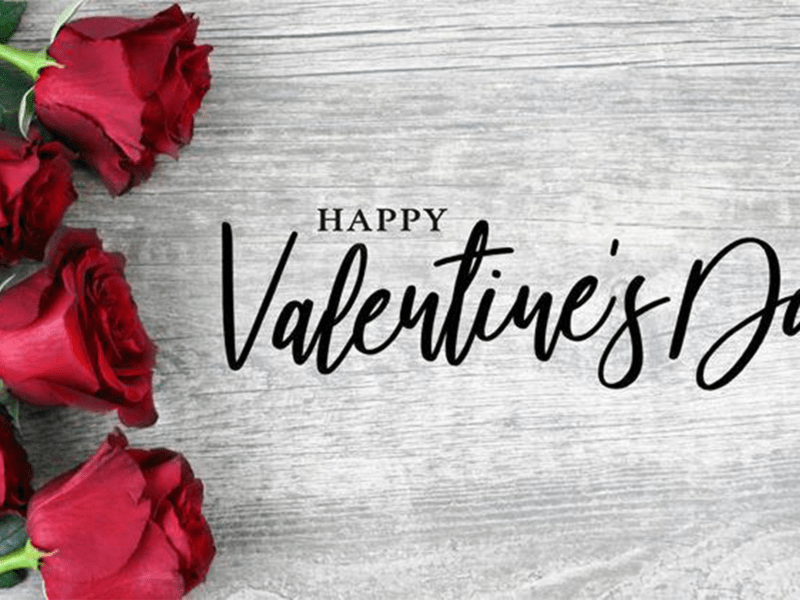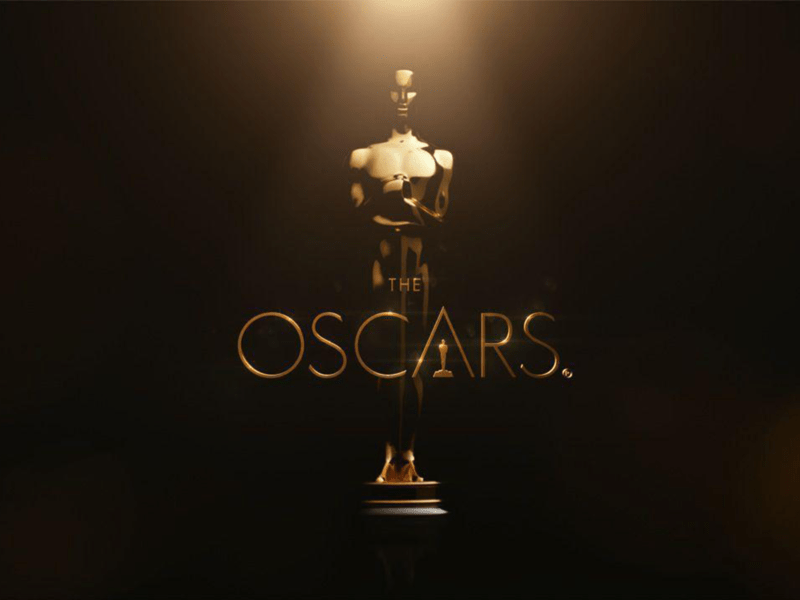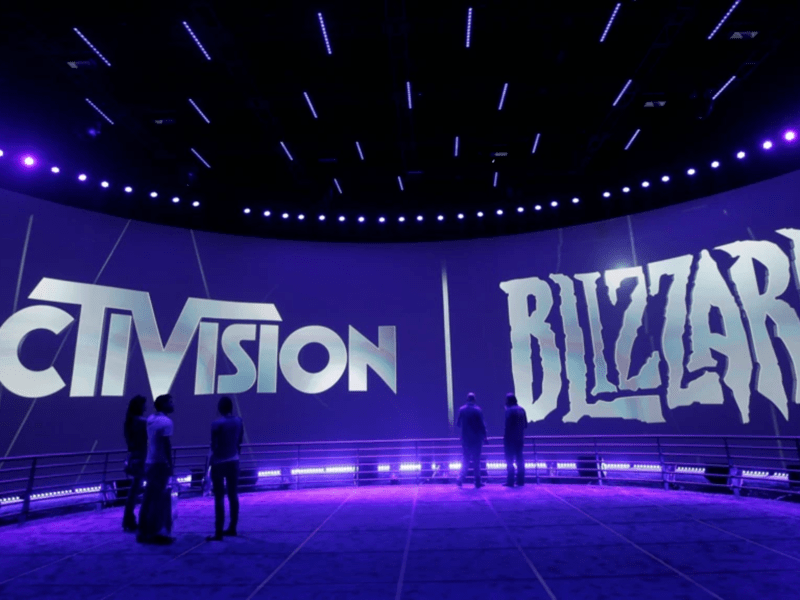About Life-Changing Books.

Life-changing books. Because readers tend to favor books in their favorite genres, writing for a specific one can help authors anticipate and match the needs of their target audience.
The bounds of each genre serve as models on which the author can design his story, which is why genre categorization is helpful to writers. Here are some fiction genres.
Mysterious / Criminal.
An amateur or professional detective is frequently called upon to investigate a mystery/crime fiction crime.
Typically, a story begins with discovering a crime and pursuing the perpetrator’s identification. It’s a lot of fun for readers to try and figure out the puzzle before the protagonist does.
The options are virtually limitless as long as the plot centers around something that piques the reader’s interest and satisfies their desire for intrigue.
James Patterson, John Grisham, and Dean Koontz are all on the New York Times Best Seller list for Mystery.
Fantasy.
Myths, magical tales, and tales of otherworldliness are all included in the fantasy genre. It is common in the fantasy genre to construct entire kingdoms and universes for the fictional characters you write about.
Even though both science fiction and fantasy depict scenarios that are not real, science fiction focuses on plausible ideas but is impossible in reality. There are so many fantasy books or teens.
Some best-known fantasy authors are J.R.R. Tolkien, J.K. Rowling, Terry Pratchett, C.S. Lewis, Stephen King, T.H. White, Rick Riordan, and Madeleine L’Engle. They have written the best fantasy books.

Children’s Fiction.
Subgenres are further subdivided into smaller subgenres in this genre, written for children between 8 and 13. A good example is Robert Beatty’s Serafina and the Black Cloak.
Historical Fiction.
Novels set in a particular period of history are called historical fiction. An actual historical figure, or a fictional one, can serve as the protagonist.
This type of story necessitates many studies to portray the period accurately.
This genre includes notable authors such as Philippa Gregory, Margaret Atwood, Leo Tolstoy, Umberto Eco, and Jane Austen, to name a few.
Science Fiction.
The science and technical topics explored in science fiction stories are those that the authors believe are within the realm of possibility. According to the author’s preference, it could occur in the past, present, or future.
In science fiction, time travel is a prevalent theme, and it can take place anywhere: on Earth, in another version of Earth, underwater, or in a galaxy entirely.
H.G. Wells, George Orwell, Mary Shelley, Jules Verne, Neil Gaiman, and Michael Crichton are among the genre’s best-selling authors.
Most books sold and read in the United States are nonfiction. The New York Times bestseller list is regularly topped by such publications read by academics, enthusiasts, and professionals alike.
Nonfiction: What Exactly Is It?
To put it another way, all books that aren’t fiction are considered nonfiction.
It is possible to write nonfiction based on history or biography that is instructional, humorous, or satirical and philosophical.
It is considered nonfiction if a book is not based on a fictional narrative.
History.
Accurate accounts of historical events are found in historical nonfiction. History can be based solely on objective facts or distorted by the author’s ideas. Nonfiction history books, on the other hand, must tell stories based on actual events. David Halberstam and Doris Kearns Goodwin are two well-known historians.
Autobiographies, memoirs, and biographies.
This type of nonfiction concentrates on a single person’s life narrative. It is customary to write biographies about someone besides the author in the third person. In autobiographies and memoirs, the author is the topic of the narrative. Unlike autobiographies and memoirs, biographies don’t have to be written by people who are still alive at the time of the writing.
Spirituality and Religion.
Religion and spirituality books come in a variety of styles and genres. These books range from theory-based to personal memoirs to self-help manuals, all to help readers discover their spiritual home. Some Christian publishers only produce books on their faith; each book focuses on a specific belief system.
Politics and sociology.
This type of book is becoming more popular due to the current social and political turmoil worldwide. When it comes to academic research, certain political and social science books rely more heavily on anecdotal evidence, while others are on par with scholarly studies. As a general rule, they tend to focus on a single aspect of society to scrutinize with a critical eye.
Business and Money.
The majority of business books, despite their broad definition, are manuals for starting and running a business or managing a company. Anyone with job or market expertise can use it to give advice and strategies (and also a good tool for authors to bag guest-speaking events). An entrepreneur’s self-help manual, if you will, but tailored to the needs of business owners and managers.
Health and Fitness.
Health and wellness books are plentiful because what do we care about more than living a long and healthy life? There are a variety of themes covered in these publications, including diets, sleep habits, stress reduction, and anxiety management. As researchers and doctors, experts in their fields are the primary authors of these articles.
Humour.
A few are comedians and talk show hosts’ memoirs, while notable essayists and reporters author others. Humorous nonfiction’s widespread appeal can be attributed to the author’s status as a household name. Most of these works are written as social commentaries that openly address concerns that are often disregarded.
Biographies.
Even though both biographies and autobiographies are essentially accounts of the author’s life, there is a significant distinction between the two. Unlike autobiographies, biographies are works in which the author writes about another person’s life. Ethics dictates obtaining the subject’s consent if the individual is still alive. As an afterlife history book, a biography can be written decades or even centuries after its subject has passed away and focus only on their life and times. Many of these stories have been adapted into films and stage productions that have received critical acclaim.
Travel.
Travel literature books can be called travelogues or travel memoirs. Still, they all straddle the line between enlightening the reader about the world’s diverse cultures and allowing the reader to reflect on their own experiences. Generally speaking, books in this genre are eloquent and intelligent (unlike practical travel guides). As a whole, they’re about contemplative and eye-opening travels that take place in a single location or multiple locations.

Relationships & Family.
Your book falls under this category about a family, a marriage, or any other type of interpersonal relationship. An example is Gary Chapman’s The Five Love Languages: The Secret to Love That Lasts.
Law and Criminal Justice.
This category includes books about the legal system, laws, criminal justice, and related subjects. Michelle Alexander’s The New Jim Crow: Incarceration in the Age of Colorblindness is an example.
Social and Political Sciences.
Of books in this genre, political or social topics are discussed (psychology, sociology, social work, etc.). Yuval Noah Harari’s 21 Lessons for the 21st Century is an excellent example of this type of book.
The Real Deal in Crime.
These true crime books, often written in minute detail, read well-crafted fiction. For instance, Gregg Olsen’s If You Tell: A True Story of Murder, Family Secrets, and the Unbreakable Bond of Sisterhood. There are several best crime books 2021 on the list.
Inspiring / Motivating.
The primary goal of this genre is to motivate or inspire you to take action while also challenging your preconceived notions about the world. Brené Brown’s The Gifts of Imperfection is an excellent example of this.
All these are famous life-changing books you should read.






